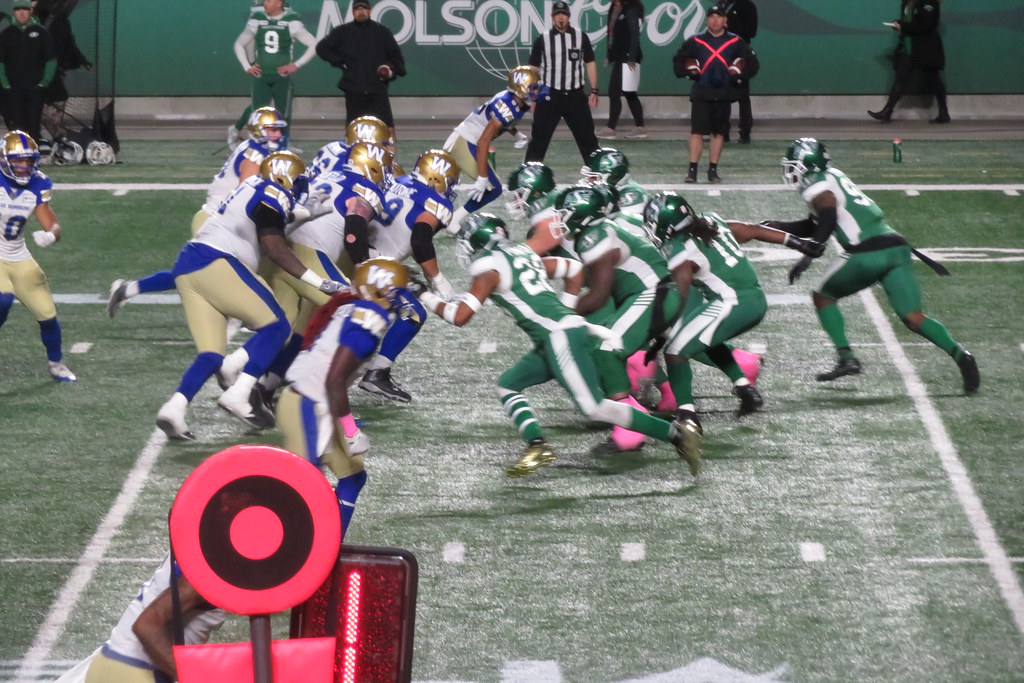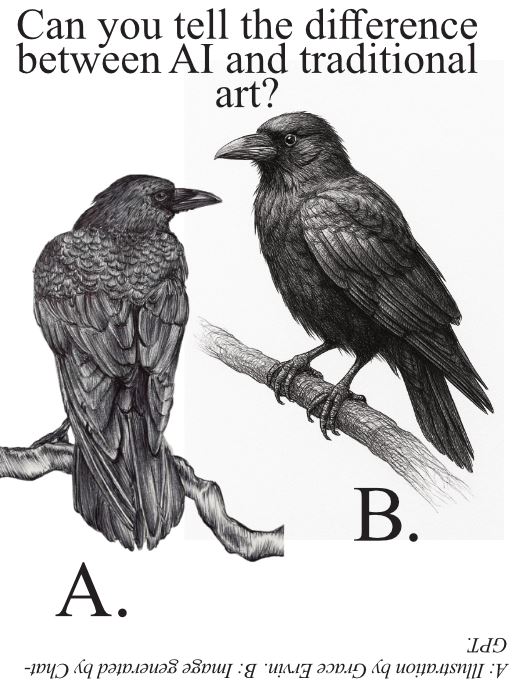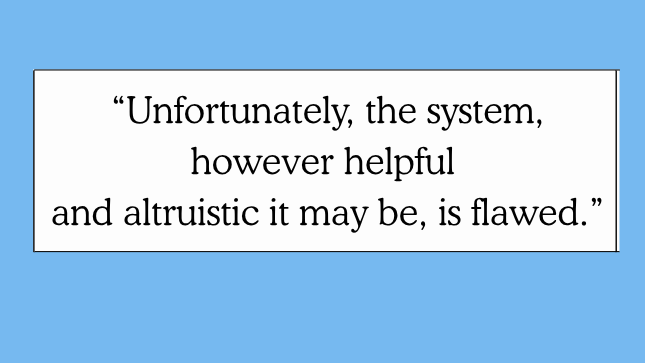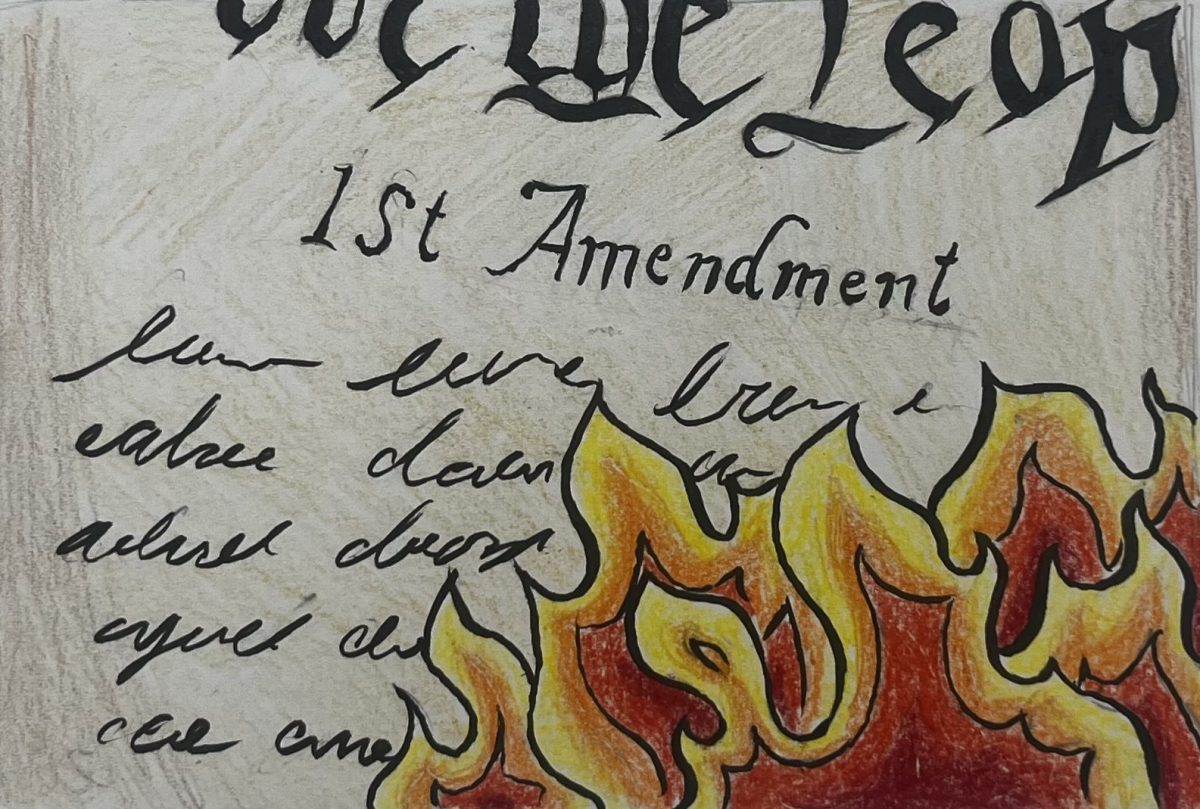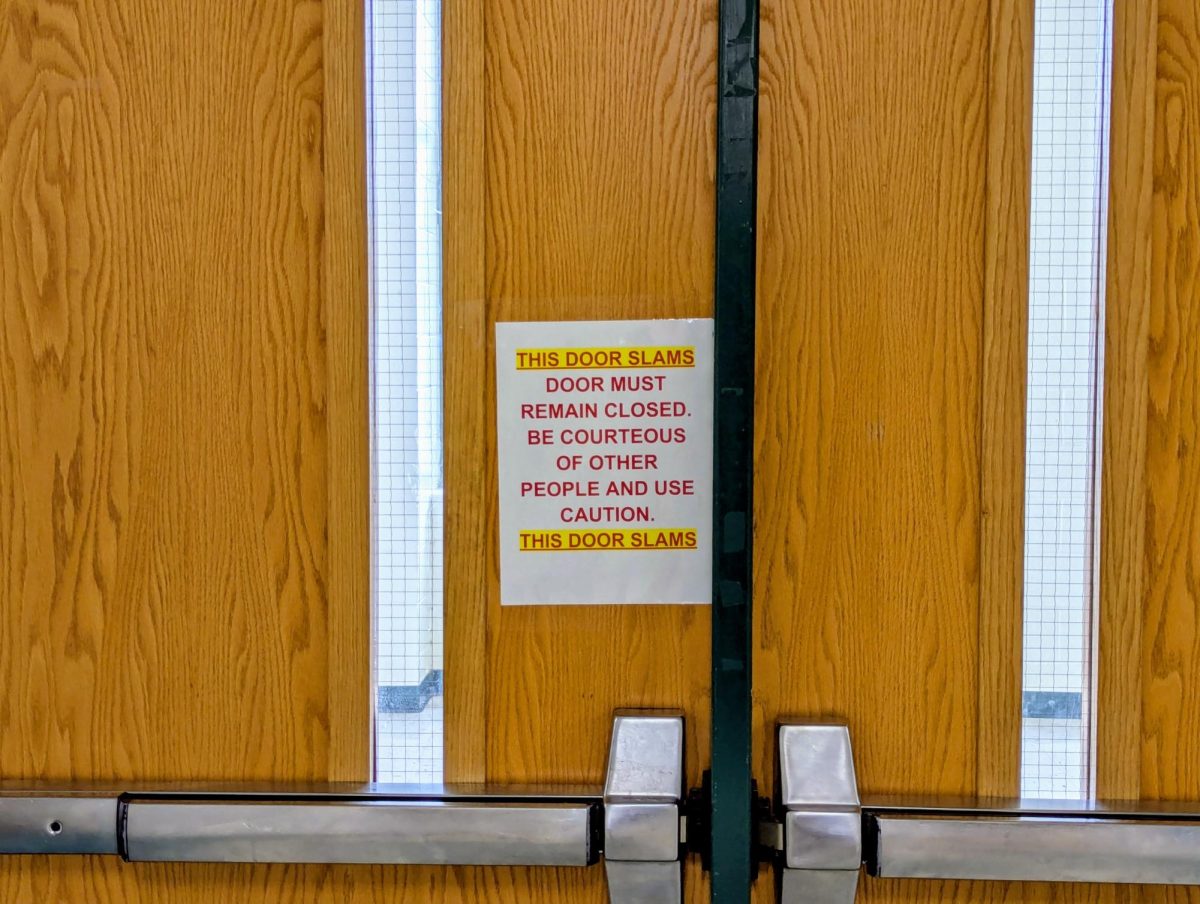Every single morning of the school year, without fail, the Pledge of Allegiance gets interrupted. My freshman year I had P.E. first period, so the pledge was recited over the speakers amid the slam of lockers and the endless chatter of young teenage girls. I don’t think a single one of us ever paused for it.
For me, this whole routine was a phenomenon. My first day of high school was the first time I ever heard the Pledge of Allegiance in full, it wasn’t part of the routine at my former schools. I knew it existed, but it had never crossed my mind that being expected to recite it or stand for it would be an everyday reality for me. But, soon enough, it became background noise.
However, when you hear something every single day, no matter how little attention you pay it, it becomes ingrained in your mind. At some point I actually began considering the pledge. What does it symbolize? What role does it play in the United States? Why do I so adamantly refuse to recite it?
Beyond my general contempt and disgust with the current political situation in the United States and my shifting views regarding patriotism and fealty towards this country, there is a reason for my refusal to recite or respect the Pledge of Allegiance: the wording.
“Under God.” Two words. So easily cut. The Pledge of Allegiance still makes sense without them, it’s even grammatically correct without them. These are the two words that warp the Pledge of Allegiance into a mockery of the authority of the Constitution.
One of the basic rights granted to citizens of the United States in the Bill of Rights is freedom of religion. By including a religious invocation in the Pledge of Allegiance, the United States is implying that Christianity is the true religion and that all people of the United States live under the jurisdiction of God. This inherently takes away our freedom of religion and violates the Constitution.
The fact that the Pledge of Allegiance, a pledge that is supposed to be the utmost expression of a person’s respect, fealty, and patriotism to the United States of America, is unconstitutional sets an undeniable precedent.
If something so inherent to the United States, something that represents the values of this country, is unconstitutional, then how much power does the Constitution truly hold over the government and the nation?
Additionally, beyond this simple violation of the Constitution, the decision to make the Pledge of Allegiance religious in nature further divides the people of the United States. It prevents those who do not believe in the Christian God from being able to recite the pledge with honesty and further alienates them from the values and spirit imbued into the promise of the United States of America.
In order to uphold the validity and power of the Constitution, along with preserving the unity and patriotism of the people of the United States, the actions of the government and the values expressed by the nation must adhere to the established legal rules. The Pledge of Allegiance, as a key expression of these values and the unity of the United States, needs to reflect this. As such, it needs to change.









